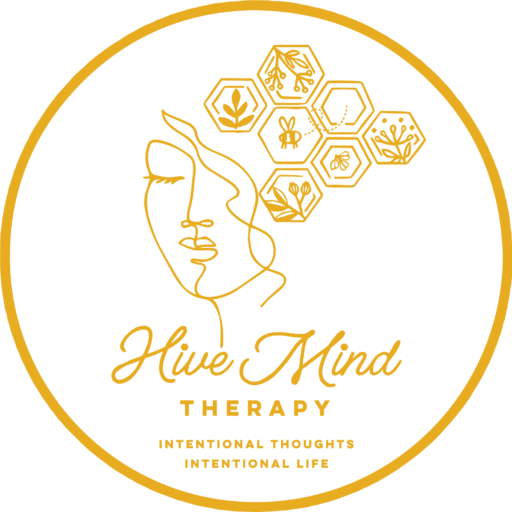In the pursuit of mental well-being, the practices of mindfulness and meditation have emerged as powerful tools. Rooted in ancient traditions, these techniques have garnered significant attention in recent years for their therapeutic benefits. This blog post explores the distinction between mindfulness and meditation, delving into their efficacy, particularly in the context of treating PTSD. Drawing from an article in the American Journal of Psychotherapy and insights from Bessel van der Kolk, a prominent Dutch psychiatrist, researcher, and author of “The Body Keeps the Score,” we unravel the evidence supporting the efficiency of mindfulness, especially for emergency responders who faced the aftermath of 9/11.
Mindfulness vs. Meditation: While often used interchangeably, mindfulness and meditation are distinct practices. Meditation is a broader term encompassing various techniques aimed at achieving a heightened state of awareness or focused attention. Mindfulness, on the other hand, is a specific form of meditation that emphasizes being fully present in the moment, cultivating awareness without judgment.
Efficacy in Treating PTSD: The American Journal of Psychotherapy sheds light on research indicating that mindfulness stands out as a highly effective tool in treating Post-Traumatic Stress Disorder (PTSD), particularly among emergency responders who confronted the traumatic aftermath of 9/11. This evidence underscores the potential of mindfulness to address the unique challenges faced by those dealing with trauma.
Bessel van der Kolk’s Insights: Bessel van der Kolk, a leading figure in trauma research and the author of “The Body Keeps the Score,” has extensively studied the impact of trauma on the mind and body. His work supports the idea that mindfulness plays a pivotal role in mitigating the effects of trauma. By fostering an awareness of the present moment, mindfulness helps individuals ground themselves and navigate the complexities of their emotional experiences.
Anxiety and Depression Reduction: Beyond PTSD, mindfulness has demonstrated remarkable results in reducing anxiety and depression. The practice encourages individuals to observe their thoughts and feelings non-judgmentally, creating a space for self-reflection and emotional regulation. This approach aligns with therapeutic strategies that emphasize the importance of understanding and accepting one’s emotions.
Positive Impacts on Trauma Survivors: Trauma survivors often grapple with the lingering effects of their experiences. Mindfulness provides a valuable tool for these individuals to reconnect with the present moment and gradually work through their trauma. Research suggests that incorporating mindfulness into therapy can contribute to a more comprehensive and effective treatment approach for trauma survivors.
Conclusion: In the realm of mental health, mindfulness emerges as a potent force, especially in the context of treating PTSD, anxiety, and depression. Backed by research from the American Journal of Psychotherapy and supported by the insights of Bessel van der Kolk, mindfulness proves its efficacy as a transformative practice. As individuals, therapists, and researchers continue to explore the diverse benefits of mindfulness, its role in enhancing mental well-being remains a promising avenue for future exploration.

